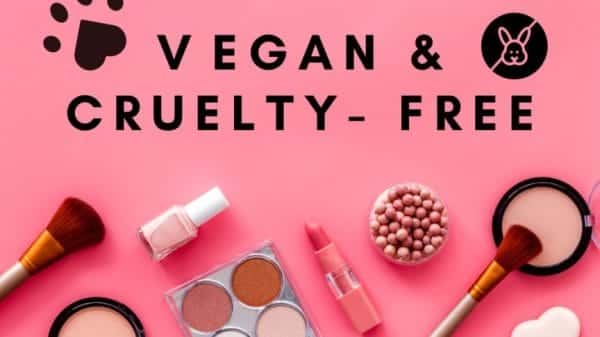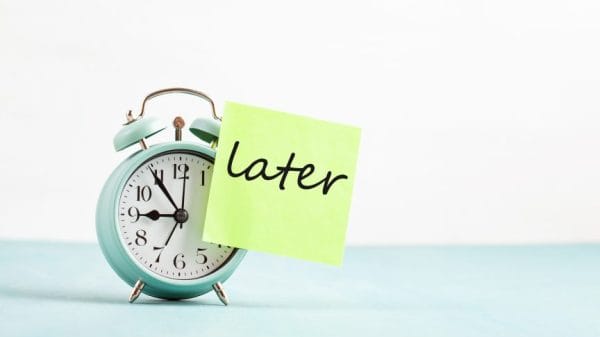The clock reads 10:30 pm. You just submitted your last final before the freedom of winter break beckons you. You close your laptop computer, the compact rectangle that constantly reminds you of the million assignments you have due once you open it up again.
But for now, you are free.
Now what?
This is the predicament I have found myself in several times: free time and all the world had to offer excited me until I was plagued with thoughts of guilt and anxiousness. My diagnosis? Toxic Productivity.
Even while I was catching up on the latest episode of Masterchef, doing a skincare routine, or fiddling with the nubs on my Nintendo Switch as I delved into a new fantasy world, my mind constantly wandered back to my neverending to-do list.
Should I fold my laundry? Answer all my unanswered texts to give my friends the peace of mind that I was still alive. Catch up on the latest episode of Succession everyone keeps raving about, or restart a new show entirely? Update my graphic design portfolio, lest I fall behind the trends and my career goes down the drain.
Even amidst my so-called free time, I struggled with deciding to fill my schedule with meaningful activities so I wouldn’t “waste” my time. Even so, I know that this struggle is not independent, and many fellow Gen-Zers relate.
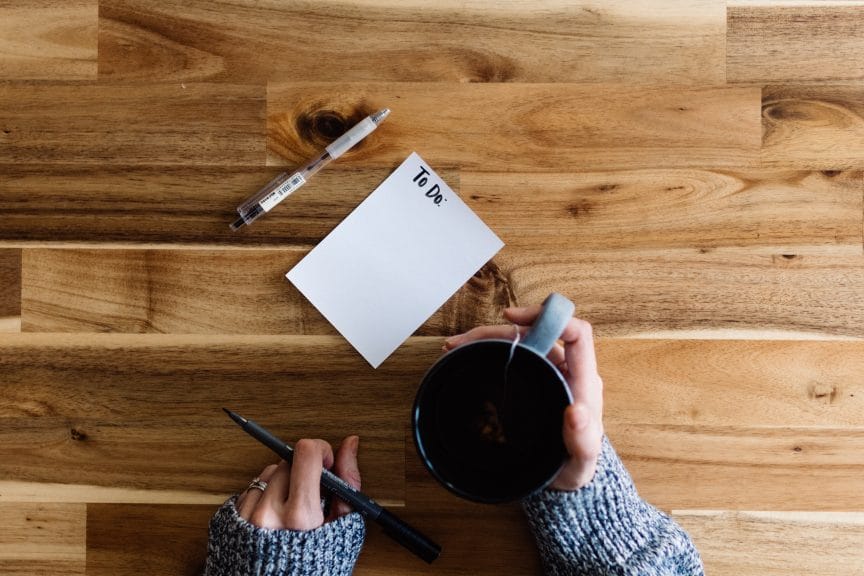
According to Employee Benefit News, “Twenty-three percent of young workers say they are dealing with “unmanageable stress,” and 48% said they felt drained (compared to just 40% of their older colleagues). In total, 98% of Gen Z workers are actively dealing with symptoms of burnout.”
The truth lies in this fact: Toxic Productivity is a Gen-Z’s Achilles heel.
While we are an amazing generation filled with the ability to start a social media campaign, debate politics, and communicate our feelings, we struggle with this idea of constantly being “on” and the need to stay productive and relevant.
“You can actually have free time, but only your body who’s enjoying it. Your mind? Mostly never. You will keep thinking about what you’re gonna do after the rest time or simply thinking about the e-mail notification you just heard. Your feelings? Not really different…in so many cases, you will also feel anxious knowing that people out there are working to achieve their dreams and goals, while you just lay in bed,” an article by LinkedIn noted.
After all this, perhaps you’ve realized this annoying little vice called toxic productivity has been following you around, too, and you want to understand how to combat it.
Why has toxic productivity become such a problem?
First, let’s educate ourselves on why toxic productivity has become so apparent in our time.
Social Media
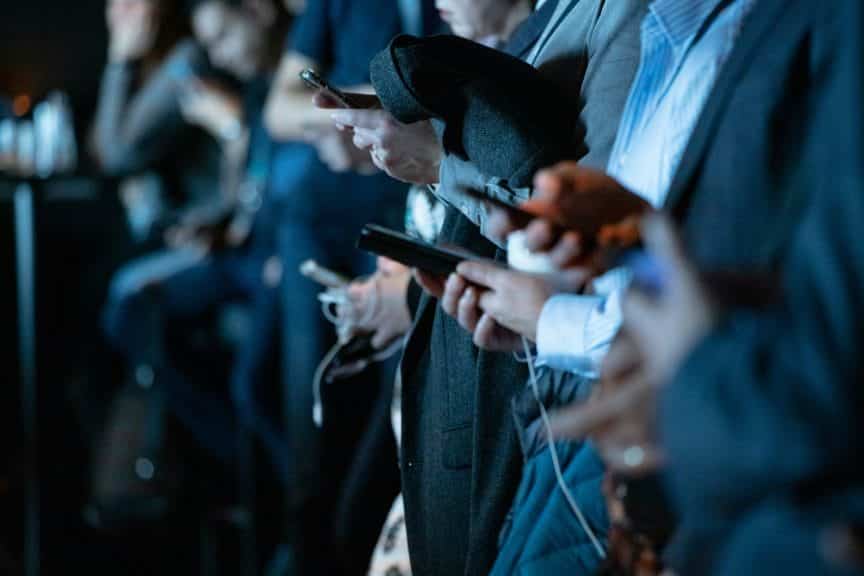
I get it. How dare an informative article you clicked on claim that your phone, above all things, is the reason for your crippling toxic productivity cycle? Nonetheless, it’s true. While our generation has access to amazing technology and social media that connects us to stories and people around the world, this privilege becomes a double-edged sword.
After a long day’s work, you find yourself doomed to scrolling TikTok and seeing users’ glamorized lifestyles. They make homemade bread, work out, make amazing artwork, and travel the world. As we continue to consume endless information about people’s lives, we not only start to compare ourselves to these said people, but our achievements prove dim compared to them.
Social Media is riddled with vlogs and videos of users showing off daily schedules, to-do lists, meal plans, and so much more that can make any unassuming user looking to relax feel guilty that they are not doing more.
“There’s an influencer who I love to watch on Tiktok, but every time I watch her, I just feel so behind. One day, she’ll go for an 11-mile run, have dinner with her friends, and participate in school extracurriculars. She’s younger than me, and I just can’t keep up,” UCLA alumni Monica Tudon said. Ironically, the one tool that invokes a sense of toxic productivity, making us feel guilty for not doing enough, is also the number one thief of time.
FOMO
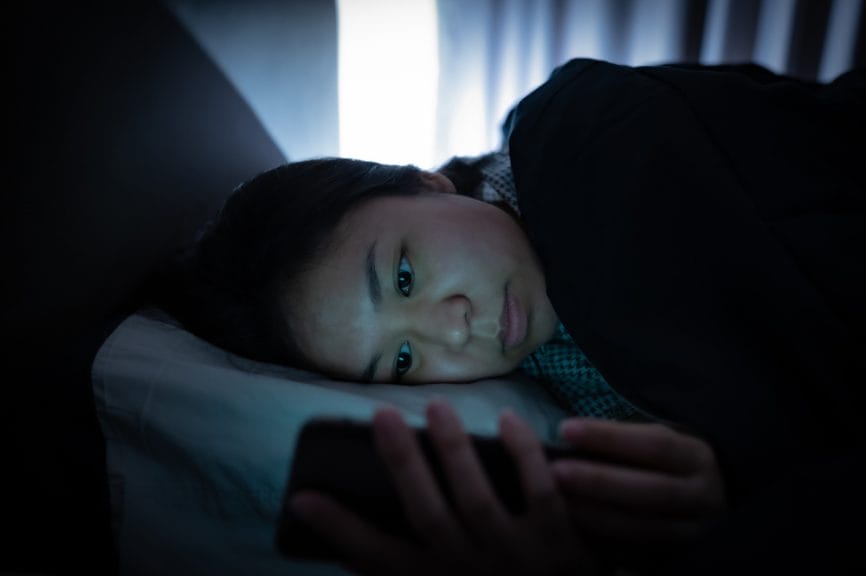
In an age where Gen-Z friendships are defined by shared social experiences and social activities, FOMO, or the “fear of missing out,” can heighten feelings of toxic productivity when we feel we are not experiencing life for all that it should be.
Whether we see a group of high school friends posting pictures of a triathlon they completed or a professional on LinkedIn post a promotion we have similarly been pining for, this can leave us feeling left out and dissatisfied with our own lives. The result? We look for ways we can have and experience more by doing more and saying yes to every possible experience that comes our way.
Our Future Depends on Us

If you haven’t already noticed, Gen-Z is quite an intense generation. The very futures and successes of our world fall into the hands of *drumroll please* OURSELVES. While it’s quite a tall order to fill, Gen-Z recognizes that their futures are bright, but only if they dare to act and work to accomplish their dreams. “Generation Z is far more ambitious than their detractors claim.
Power, success, and hedonism are their shared values. What’s more, 44% of respondents in this age bracket say it’s important for them to be successful and to be recognized for their achievements. In comparison, only 37% of Millennials and 13% of baby boomers surveyed share this opinion,” an article by The Star claimed.
Take the pandemic for example. Most of us were forced to stay home. Instead of taking a well-needed break to process everything that was going on, we resorted to learning new languages, pursuing new workout routines, and starting homemade businesses. “In addition, toxic productivity often rears its head during times of uncertainty.
According to clinical psychologist Kathryn Esquer, “being productive takes our mind off things and gives us a temporary dopamine hit,” an article by Asana said. Toxic productivity was no stranger during the pandemic and continues to wage war against us as long as we turn a blind eye to a slower life in pursuit of our dreams.
Now what?
How to regain control of your time
Here are some simple yet helpful tips on how you can “one-up” toxic productivity and regain control of your free time.
Set Boundaries and Make Time for Self-Care

Just like therapy has taught us to stand up for ourselves and set boundaries with friends and family, we should redirect this knowledge to ourselves as we set proper boundaries.
Yes, sometimes the very person we need to stand up to is ourselves. Learn to say no to unneeded activities and workloads. Even so, when we are constantly pushing ourselves to do or produce new things, this hurts the quality of our work.
Most importantly, make time for self-care in whatever capacity works best for you. Whether it’s exercise, journaling, or engaging in a hobby for an hour of your day, trust that you know yourself best and make time for it. Your mental and physical well-being will thank you.
Do Nothing

Here is something we all need to hear: not everything we do needs to produce a result or benefit us in the long term. What are you curious about? Take time to read, explore new hobbies, go down informative YouTube rabbit holes, or you can just quite literally do nothing. Stare into the abyss, lie down and contemplate life, or sit on your porch, taking in all the natural sounds around you.
Don’t only engage with activities that you feel will produce something, but dare to do activities just for the sake of doing them. “Doing nothing helps our body and brain switch off that revved-up response. Studies show we tend to be more productive – and happier as a result – if we stop and take time out.
Rest is not a waste of time; it is so important for health and happiness that it needs to have priority status. It’s an activity to be planned and appreciated in its own right,” an article by Hello Magazine said. Go back in time and become that 8-year-old version of yourself who would spend time in your imagination, doing art and cultivating your curiosity.
Find Contentment in the NOW

From FOMO to the lives we wish we had on social media, a lot of toxic productivity stems from dissatisfaction with where we currently are NOW. We overwork ourselves and refuse to rest, hoping our work will produce results and a better life.
While working hard and chasing dreams is a good thing, pursuing it in unhealthy ways as we sacrifice our well-being and mental health is not. Find ways in which you can be grateful for your current state of life regardless if it’s not where you want to be. Find ways to live in the NOW, experiencing life for all it is today. “In positive psychology research, gratitude is strongly and consistently associated with greater happiness.
Gratitude helps people feel more positive emotions, relish good experiences, improve their health, deal with adversity, and build strong relationships,” an article by Harvard Health claimed.
Even so, I’m sure we can all find ways we can be more content. We can be thankful that we are not where we want to be, but we are surely not where we used to be. Celebrate and enjoy that accomplishment. It’s worth it.









